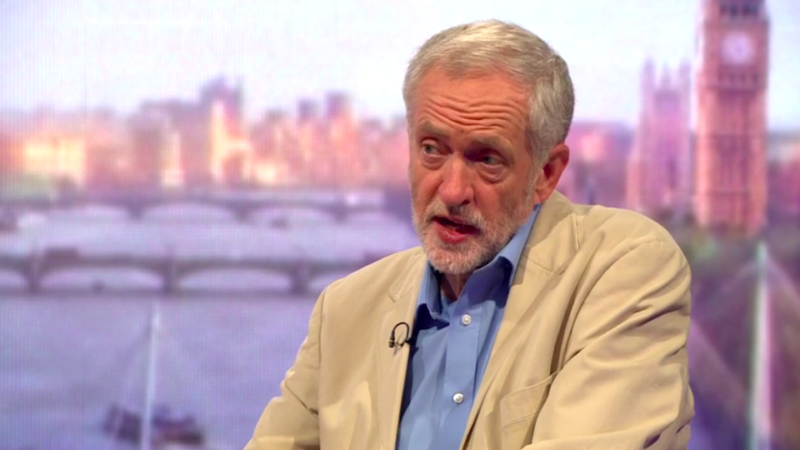

The Labour Party in Scotland will gain the autonomy it has long wanted. It’s much less clear whether Labour in England will get the chance to make the same case.
In their joint statement backing the new Scottish freedoms, Jeremy Corbyn and Kezia Dugdale called for a party “in which more decisions are taken at local level”. At this stage, at least, Corbyn hasn’t set out any vision of what this might look like: “It will be for the Labour Party in other parts of the UK to bring forward proposals on how this would operate for them”.
But given the way Labour is currently structured it’s difficult to see how this can happen. Outside of Scotland, Labour only organises in two ‘other parts of the UK’. In Wales the Welsh Labour Party has its own organisation and decision-making powers. Labour in England has no structures for debating anything across England as a whole; only regions that bear no relationship to local or national governmental structures and that are governed by managerial regional boards.
Unless proactive moves are made by the NEC to bring English Labour together, many activists will fear that there will be a top down process, with Wales gaining greater autonomy, but English Labour restricted to a fragmented regional or local structure, subject to decisions by UK Labour. Significantly, Dugdale’s earlier statement, no doubt coordinated with Jeremy Corbyn’s office, did not refer to English Labour ‘but the devolution of more powers to the party in Wales, the Midlands, the North West and elsewhere’.
Early in the leadership campaign, a very broad group of MPs and English council leaders called on the candidates to back an English Labour Party as part of federal UK Labour. Jeremy Corbyn’s short response (“Good idea and support. I think we, in opposition, should hold a constitutional convention and allow a serious discussion on national, regions, House of Lords, voting etc.”) was widely interpreted as backing English Labour. There’s been no sign of it since, and in a rather bad tempered (and admittedly unplanned) exchange with the Campaign for an English Parliament, Jeremy seemed to deny that England had any collective English identity.
Allowing an English Labour Party to emerge is not straightforward. One leading council signatory to this summer’s letter told me ‘a centralised English Labour Party is no more use to me than a centralised UK Labour’. By 2020, significant powers will have moved to English city regions and combined county authorities, and no Labour Government will find it easy to take them away. Labour needs structures that can decide policy and run campaigns in these new, more powerful bodies, as well as determine strategic policy for England and help to shape UK-wide policy.
In 2015, ‘English issues’ featured more strongly than ever before and not to the advantage of a Labour Party that had no English identity. There are no signs that the English question will diminish in importance by 2020.
Labour’s English debate cannot organise itself. The party’s NEC has been asked to work out the detail of Scottish Labour autonomy. It needs to think about how to enable English Labour to find its voice too.
John Denham was MP for Southampton Itchen from 1992-2015 and is Professor of English Identity and Politics at Winchester University. He blogs at www.optimisticpatriot.co.uk




More from LabourList
‘I was wrong on the doorstep in Gorton and Denton. I, and all of us, need to listen properly’
‘Why solidarity with Ukraine still matters’
‘Ukraine is Europe’s frontier – and Labour must stay resolute in its defence’